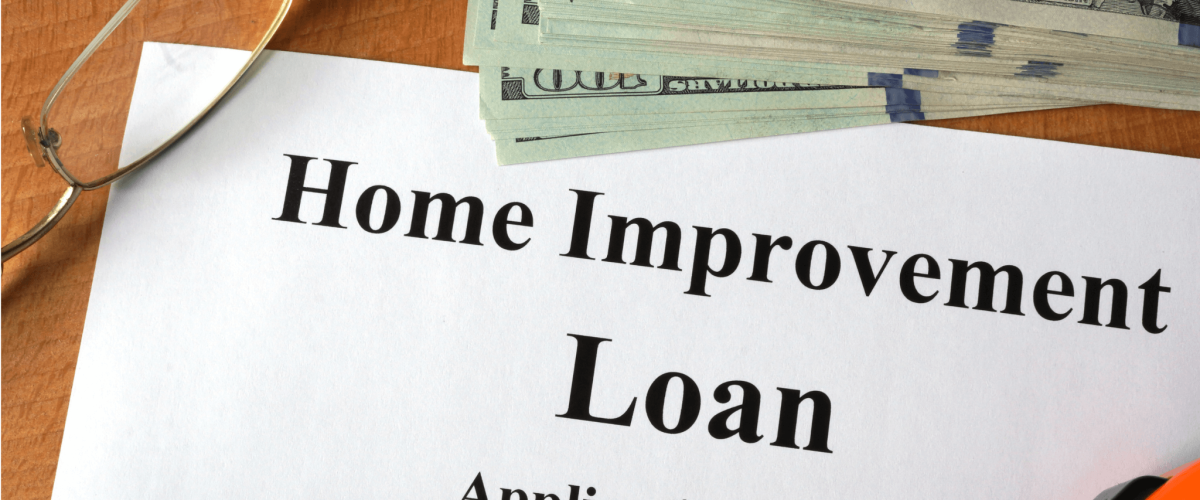Buying a house is one of the largest purchases most people make. To obtain the best rates and terms for a mortgage, you’ll need a good credit score. If you have a good credit score, you have a better chance of getting the lowest possible interest rate, which can save you thousands of dollars over the life of the loan. If you’ve had some credit challenges in the past, before you apply for a mortgage, consider what you need to do to improve your credit. Here’s how to improve your credit score for a mortgage.
On-Time Payments
One of the things that has the biggest impact on your credit score is the history of how you’ve handled the money you’ve borrowed up until now. If you have any accounts that are currently past due, it’s important to get them caught up before trying to buy a house. Late payments can harm your credit and payments that are more than 30 days past due stay on your credit report for seven years. The amount of impact negative items have on your credit lessens with time.
Once everything is caught up, pay your bills on time without fail. Sign up for text or email reminders of upcoming payments. If you have a late payment on your credit report, wait at least six months after getting caught up to try to apply for a mortgage.
Limit Spending
When a mortgage application is reviewed, another important factor is your debt-to-income ratio. This number can affect how much a lender is willing to loan you. To improve your debt-to-income ratio, work on increasing your income by picking up a side hustle if possible, or work on reducing your debt.
If you’re carrying high balances on one or more credit cards, try to pay them down to a balance of no more than 30 percent of the credit limit. The percentage of available credit you’re using is known as credit utilization, and it is one of the more important factors in determining your credit score. Avoid applying for new credit while you’re getting ready to apply for a mortgage. Keep saving toward a down payment. Having a large down payment can help you to appear to be less of a risky borrower to potential lenders.
Check Your Credit Reports
Before applying for a mortgage, to avoid anything unexpected, make sure you know what your credit scores are and what information is being reported by the credit bureaus. If your credit reports contain inaccurate information, it could be hurting your credit score. Look for payments incorrectly reported as late or balances that are higher than they should be.
Dispute any errors you find as soon as possible. You can file a dispute directly with the credit bureau or let Dovly handle the disputes for you. Dovly is a free AI credit engine that can help you dispute any errors you find on your credit report. Try it risk-free with our free membership tier. Get in touch with Dovly today.



